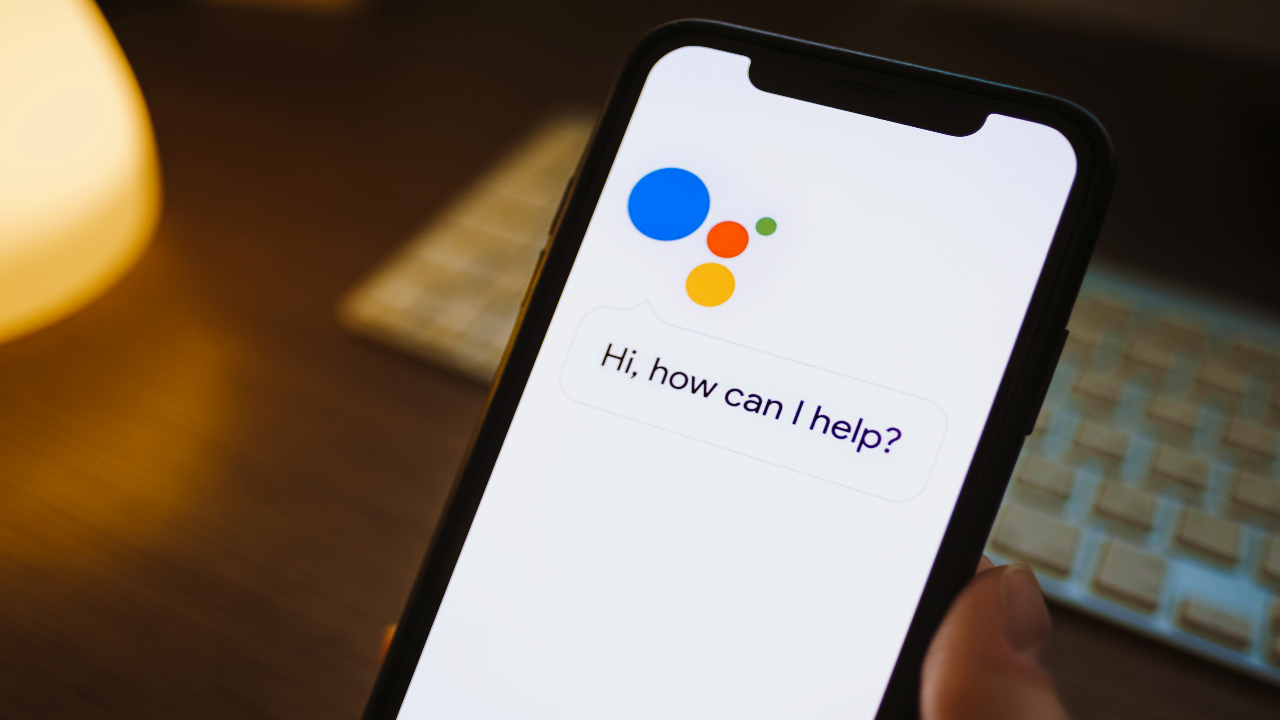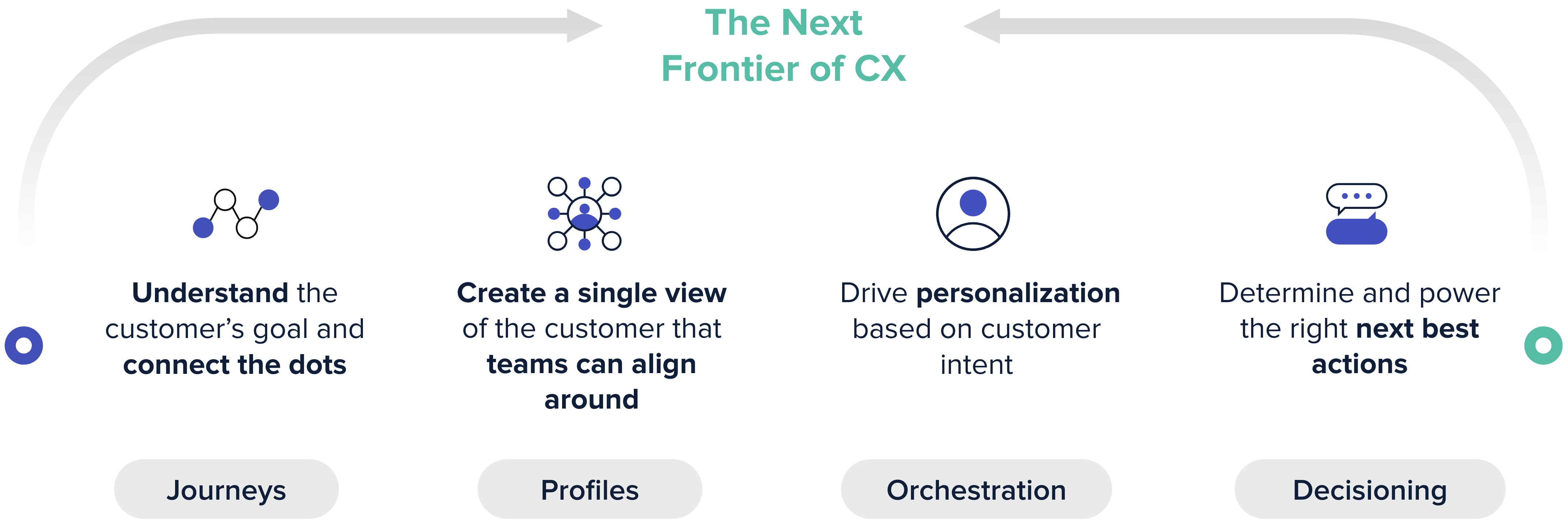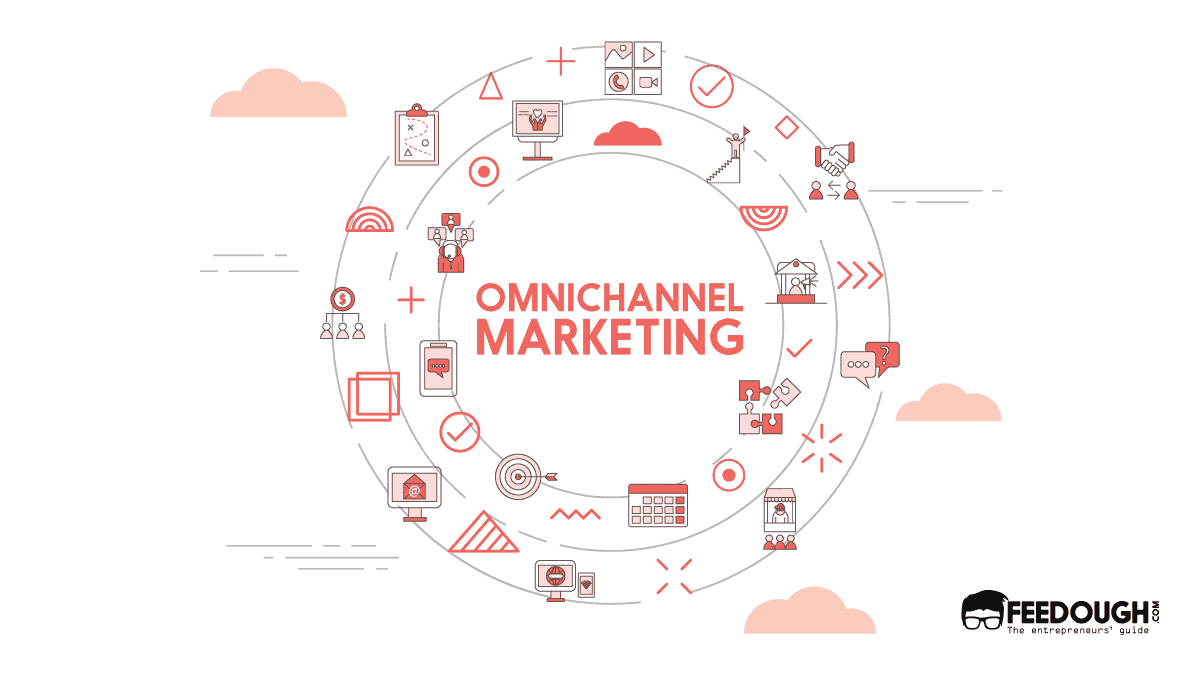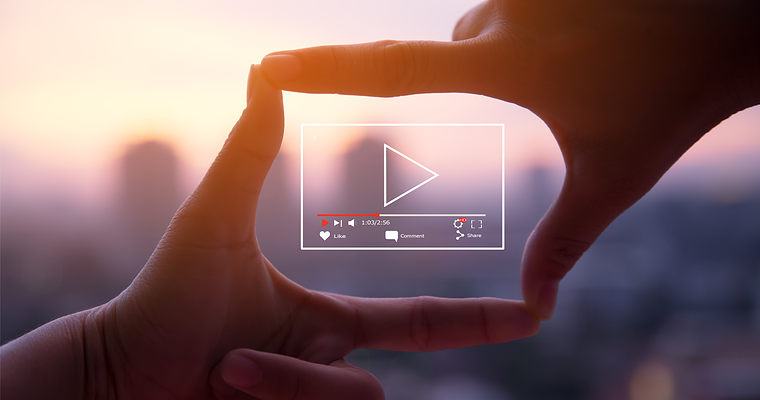|
Getting your Trinity Audio player ready...
|
Are you new to the world of digital marketing and feeling overwhelmed by all the technology and jargon? With so many tools and platforms available, it’s easy to get lost in the digital marketing maze.
Our research shows that by 2025, there will be 75 billion connected devices in the world. Digital marketing (DMT) has revolutionized the way businesses reach and engage with their audience.
However, keeping up with the latest technology and trends can be a daunting task. Many business owners and marketers struggle to understand the technical aspects of digital marketing and how to make the most of it.
In this article, we will demystify digital marketing tech and break it down into simple terms. We will cover everything you need to know, from the basics of digital marketing to the latest technology and tools.
So, let’s get started and unlock the power of digital marketing technology!
Digital Marketing Technology (DMT)
Digital marketing technology encompasses a wide range of tools, platforms, and strategies that businesses use to promote their products or services online.
What is Digital Marketing Technology?
Digital marketing technology (DMT) encompasses a wide range of tools, platforms, and strategies that businesses use to promote their products or services online. It is the driving force behind successful digital marketing campaigns and enables businesses to reach their target audience, engage with customers, and drive conversions in the digital landscape.
At its core, DMT leverages digital channels such as websites, search engines, social media, email marketing, mobile apps, and more to connect with consumers and build brand visibility.
It enables you to create personalized experiences, deliver targeted messages, and measure the effectiveness of your marketing efforts.
The key elements of digital marketing technology include:
- Websites and Landing Pages: A well-designed and user-friendly website serves as the foundation for your online presence. It provides a platform for showcasing products or services, sharing valuable content, and driving customer engagement.
- Search Engine Optimization (SEO): SEO techniques optimize your website to improve its visibility in search engine rankings. By optimizing your website’s structure, content, and keywords, you can attract organic traffic and increase your chances of appearing higher in search results.
- Paid Advertising: DMT includes various paid advertising options such as search engine marketing (SEM), display ads, social media ads, and more. These platforms allow businesses to target specific audiences, increase brand visibility, and drive traffic to their websites.
- Content Marketing: Content creation and distribution are integral parts of digital marketing technology. Valuable and relevant content, such as blog posts, articles, videos, and infographics, helps businesses establish thought leadership, engage their audience, and build brand loyalty.
- Social Media Marketing: Social media platforms offer immense opportunities for businesses to connect with their target audience, build brand awareness, and foster customer engagement. By leveraging social media marketing tools, businesses can create compelling content, run targeted campaigns, and measure their social media performance.
- Email Marketing: Email marketing allows businesses to communicate directly with their audience, nurture leads, and drive conversions. With email marketing automation tools, businesses can send personalized and timely emails to their subscribers, enhancing customer relationships and driving repeat business.
- Data Analytics and Insights: Digital marketing technology relies heavily on data analytics to measure and analyze the success of marketing campaigns. It provides valuable insights into customer behavior, preferences, and trends, enabling businesses to make data-driven decisions and optimize their marketing strategies.
Understanding digital marketing technology is crucial for providing the framework and tools needed to thrive in the digital landscape.
By leveraging these technologies effectively, you can reach your target audience, drive meaningful engagement, and achieve their marketing objectives in an increasingly digital-first world.
Benefits of Digital Marketing Technology
Digital marketing technology offers you numerous benefits that can significantly impact your marketing efforts. Let’s explore some of these benefits:
1. Enhanced Targeting and Personalization
With digital marketing technology, you can precisely target your ideal audience based on demographics, interests, and behavior. This allows you to personalize your marketing messages, ensuring they resonate with your audience and drive higher engagement.
2. Improved Marketing Efficiency and Effectiveness
By automating various marketing tasks and processes, DMT enables you to operate more efficiently. From scheduling social media posts to automating email campaigns, technology streamlines repetitive tasks, saving you time and resources.
Additionally, DMT provides real-time data and analytics, enabling you to measure campaign performance and make data-driven decisions for better results.
3. Increased Customer Engagement and Interaction
DMT provides interactive channels for you to engage with your audience and build meaningful connections.
Whether through social media platforms, live chats, or personalized email campaigns, technology empowers you to create immersive experiences that foster customer loyalty and advocacy.
4. Real-time Data Analysis and Insights
DMT provides you access to vast amounts of data, offering valuable insights into customer behavior, preferences, and trends.
By leveraging data analytics tools, you can analyze and interpret this information to make informed marketing decisions, optimize campaigns, and drive continuous improvement.
5. Cost-effective Marketing Solutions
Compared to traditional marketing channels, digital marketing technology often offers more cost-effective solutions.
With precise targeting and measurement capabilities, you can optimize your marketing budget, allocate resources to the most effective channels, and achieve a higher return on investment (ROI).
How Digital Marketing Technology Works
Digital marketing technology operates through various components and tools that work together to deliver targeted and effective marketing campaigns.
Let’s explore some key elements of digital marketing technology:
1. Digital Marketing Channels and Platforms
These include websites, search engines, social media platforms, email, mobile apps, and other digital channels where you connect with your audience.
2. Automation and Artificial Intelligence (AI)
Automation and AI technologies streamline your marketing processes, automate repetitive tasks, and provide data-driven insights to enhance efficiency and personalization.
3. Customer Relationship Management (CRM) Systems
CRM systems integrate customer data from various sources, enabling you to manage customer interactions, track leads, and build personalized relationships.
4. Data Analytics and Tracking
Data analytics tools allow you to collect, analyze, and interpret data from various marketing channels. This helps you measure campaign performance, understand customer behavior, and make data-driven marketing decisions.
The Role of Digital Marketing Technology (DMT) in Digital Marketing
DMT plays a vital role in the success of your digital marketing strategies. It empowers you to:
1. Streamline Campaign Management and Execution
With DMT, you can efficiently plan, execute, and manage your marketing campaigns across multiple channels, ensuring consistent messaging and optimal timing.
2. Targeted Advertising and Audience Segmentation
DMT enables you to precisely target your desired audience based on demographics, interests, and behavior. This ensures that your advertising efforts reach the right people at the right time, maximizing their effectiveness.
3. Personalize Customer Experiences
By leveraging DMT, you can create personalized experiences for your audience. From personalized email campaigns to dynamic website content, technology allows you to deliver tailored messages that resonate with your customers and drive engagement.
4. Measure and Optimize Campaign Performance
DMT provides robust analytics and tracking capabilities that allow you to measure the performance of your campaigns in real-time. You can monitor key metrics, identify areas for improvement, and make data-driven adjustments to optimize your marketing efforts.
Examples of Digital Marketing Technology
Digital marketing technology encompasses a wide range of tools and platforms that support various aspects of digital marketing. Here are some popular examples:
- Customer Relationship Management (CRM) Software: CRM software like Salesforce, HubSpot, or Zoho CRM helps businesses manage customer interactions, track leads, and improve customer relationships.
- Marketing Automation Platforms: Platforms like Marketo, Pardot, or Mailchimp automate marketing tasks, nurture leads, and provide personalized customer experiences.
- Content Management Systems (CMS): CMS platforms like WordPress, Drupal, or Joomla facilitate content creation, publishing, and website management.
- Email Marketing Tools: Tools like Mailchimp, Constant Contact, or Sendinblue allow businesses to create, automate, and track email marketing campaigns.
- Social Media Management Platforms: Platforms like Hootsuite, Sprout Social, or Buffer help manage and schedule social media posts, engage with the audience, and measure social media performance.
- Data Analytics and Tracking Software: Tools like Google Analytics, Adobe Analytics, or Hotjar provide insights into website traffic, user behavior, and campaign performance.
The Future of Digital Marketing Technology (DMT)
Digital marketing technology is continuously evolving, driven by advancements in technology, shifting consumer behavior, and emerging trends. Staying ahead of these changes and embracing new opportunities is crucial for businesses to maintain a competitive edge in the digital landscape.
Let’s explore the future of digital marketing technology and the trends that are shaping its trajectory.
Artificial Intelligence and Machine Learning
Artificial intelligence (AI) and machine learning (ML) are poised to transform the digital marketing landscape. AI-powered technologies can analyze vast amounts of data, identify patterns, and generate valuable insights that drive personalized marketing strategies.
Chatbots and virtual assistants powered by AI enhance customer interactions, while predictive analytics helps optimize campaign performance and customer targeting.

Voice Search Optimization
With the rise of voice assistants like Siri, Alexa, and Google Assistant, voice search is becoming increasingly prevalent.
Optimizing digital content for voice search is essential to ensure visibility and relevance. Marketers need to understand the nuances of voice-based queries and adapt their SEO strategies accordingly to capture voice search traffic.

Augmented Reality and Virtual Reality
Augmented reality (AR) and virtual reality (VR) technologies are gaining traction in the digital marketing realm. Brands can use AR to provide immersive experiences and showcase products in a virtual environment.
VR, on the other hand, enables brands to create immersive storytelling experiences and transport users to virtual worlds. These technologies have the potential to revolutionize product demos, virtual tours, and experiential marketing campaigns.
Personalization and Customer Experience
There are different types of technological innovations that companies can leverage to achieve their business goals. The most common types are semi-radical, disruptive, and incremental technologies.

Data Privacy and Security
As data becomes more valuable, ensuring data privacy and security will be paramount. Stricter regulations, such as the General Data Protection Regulation (GDPR), require businesses to prioritize user consent, data protection, and transparent data practices.
Marketers need to comply with these regulations while building trust with their audience by being transparent, ethical, and responsible in their data handling practices.

Omni-Channel Marketing
Consumers interact with brands across multiple channels and devices, expecting a seamless experience at every touchpoint.
Omni-channel marketing aims to provide a consistent and integrated experience across various channels, including websites, mobile apps, social media platforms, email, and offline touchpoints. Marketers need to align their strategies and technologies to deliver a cohesive brand experience throughout the customer journey.

Video Marketing Dominance
Video content continues to rise in popularity and effectiveness. Platforms like YouTube, TikTok, and Instagram Reels have propelled the demand for engaging video content.
Brands will need to invest in video marketing strategies, including live streaming, interactive videos, and storytelling, to capture and retain the attention of their target audience.

Ethical and Sustainable Marketing
Consumers are increasingly conscious of brands’ ethical and sustainable practices. Marketers will need to align their strategies with sustainability goals, transparency, and social responsibility.
By demonstrating their commitment to environmental and social causes, brands can build trust and forge stronger connections with their audience.
Harness the Power of Digital Marketing Technology
Understanding and leveraging digital marketing technology is essential for business professionals like you who want to thrive in the digital realm. By embracing these technological advancements, you can unlock a world of opportunities to connect with your target audience, drive business growth, and stay ahead of the competition.
Digital marketing technology offers a range of benefits, including improved targeting and personalization, streamlined processes, data-driven insights, and enhanced customer experiences. It allows you to optimize your marketing efforts, allocate resources effectively, and achieve measurable results.
As you navigate the ever-evolving digital landscape, it’s crucial to stay informed about the latest trends, tools, and strategies in digital marketing technology. Continuously educate yourself, explore new technologies, and adapt your approach to remain relevant and maximize your marketing efforts.
If you’re looking for expert guidance and support in harnessing the power of digital marketing technology, The Brand Shop is here to help. Contact us today to learn how our team of digital marketing experts can assist you in implementing the right technology solutions and driving your business forward.
Remember, in the digital age, leveraging the right digital marketing technology can make a significant difference in achieving your marketing goals and propelling your business to new heights. Embrace the power of technology, seize the opportunities it presents, and witness the transformative impact it can have on your digital marketing success.




